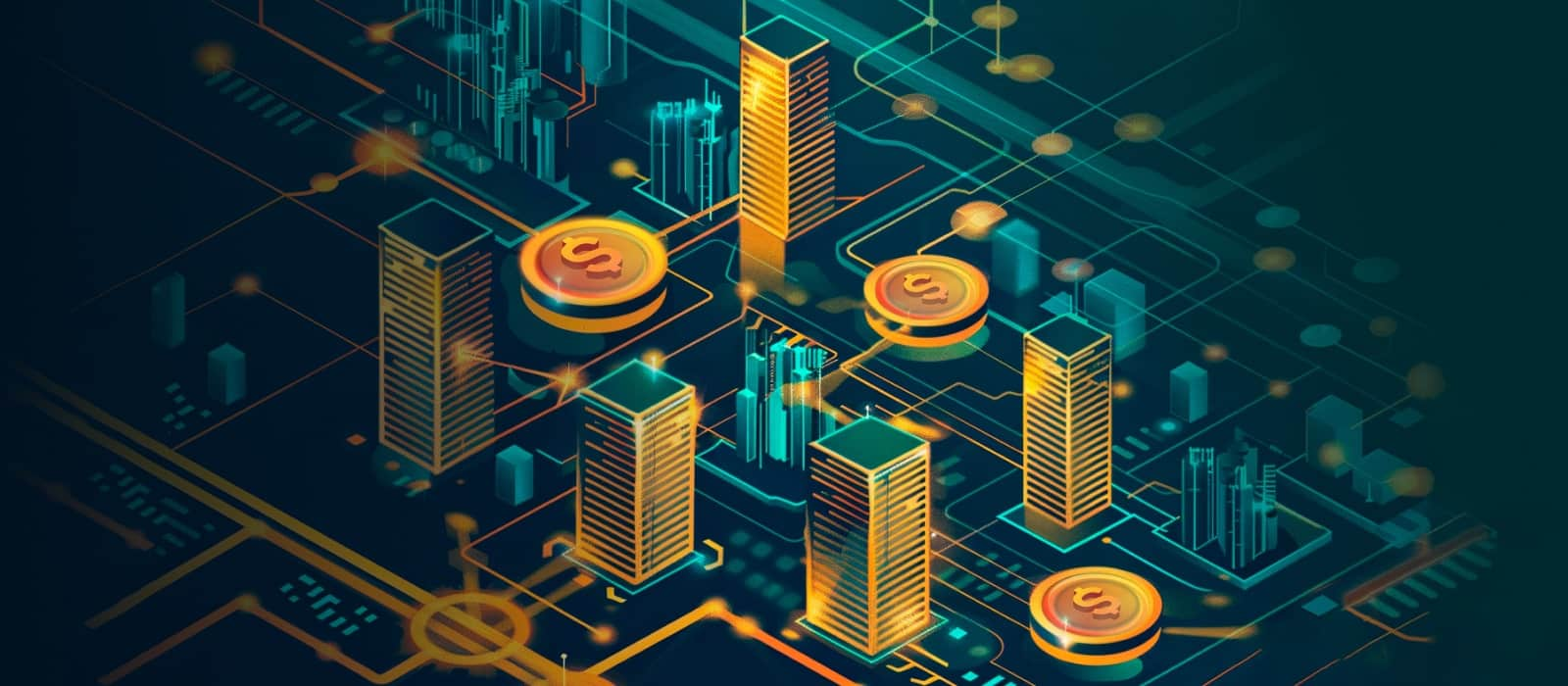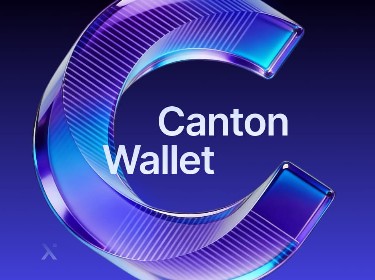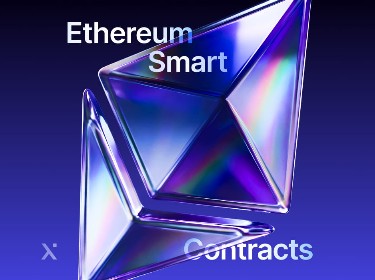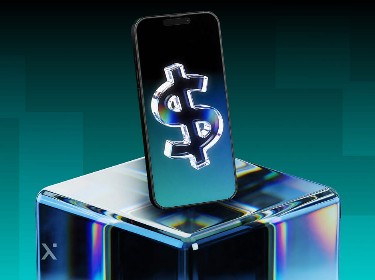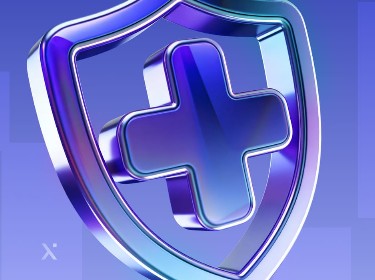Real-world asset tokenization is rapidly gaining traction among global investors, offering numerous extraordinary market opportunities. But what sets the technology apart and what essential insights should you know about it?
From commercial properties to fine art, real-world asset tokenization enables the digitization of nearly any valuable asset and transforms ownership into digital tokens.
The market is poised for growth and aims to attract a wider pool of investors. Forecasts estimate that by 2030, we could see between $4 trillion and $5 trillion in tokenized digital securities, with an additional $1 trillion from trade finance volumes supported by distributed ledger technology.
Read on to find out more about real-world asset tokenization platform development and its key benefits, and explore the significant opportunities and use cases of this innovative technology.
Make sure to get acquainted with our ebook for launching a successful STO campaign that offers expert insights into the STO lifecycle, its strengths and weaknesses, market predictions, and the most widely used STO platforms
What is real-world asset tokenization?
Real-world asset tokenization, or RWA tokenization for short, is the process of converting the rights to an asset into a digital token on a blockchain. The technology enables the representation of physical assets such as real estate, art, or commodities in a digital form and streamlines their division and trade on digital platforms.
With RWA tokenization, each token signifies an ownership stake in the underlying asset and is authenticated and secured by blockchain technology that provides a transparent and immutable ledger of transactions.
How does real world asset tokenization work?
![]()
Below is an outline of the typical mechanics behind real-world asset tokenization.
However, it is worth noting that each case is unique and may require additional or specialized steps from real estate software development services providers.
- Asset evaluation and verification. Before tokenization, experts evaluate and verify the asset to confirm its value and secure its authenticity.
- Legal and financial framework establishment. Financial software development services providers develop a legal and financial framework that details how ownership rights are tied to digital tokens and governs their trade.
- Selection of a suitable blockchain platform. Afterwards, it is necessary to choose an appropriate blockchain platform that can support the specific needs of the tokenization process such as capacity, speed, and security features.
- Token standard definition. Setting up token standards such as ERC-20 or ERC-721 for Ethereum-based tokens is essential for compatibility and functionality within the blockchain ecosystem.
- Token creation and smart contracts deployment. Smart contract development services help create digital tokens on the selected blockchain platform and deploy smart contracts that automate the execution of complex operations such as distributing dividends or enforcing restrictions on token trading.
- Token issuance and trading. Once minted, tokens are issued on specialized trading platforms and are available for buying, selling, and trading by investors worldwide.
- Regulatory compliance and security oversight. Regulatory authorities and security teams collaborate to ensure continuous compliance and transparency, protect investors, and prevent fraud. Meanwhile, robust security measures maintain the integrity and privacy of RWA tokenization transactions.
With 11+ years of experience in blockchain, our professional development team is well-versed in all aspects of this technology. Contact us now to learn how we can integrate blockchain smoothly into your workflows
What are the main benefits of real-world asset tokenization?
![]()
Real-world asset tokenization offers several key benefits that upend traditional asset management and investment landscapes. Among them, the most prominent are increased asset liquidity, market expansion, greater transparency and security, and cost efficiency.
Let’s take a closer look at each of these RWA tokenization benefits.
Increased asset liquidity
RWA tokenization makes it possible to break down large assets into smaller, more accessible units — aka tokens — that represent fractional ownership and allow for partial sales.
Trading these tokens on various exchanges boosts market activity and liquidity and offers investors greater flexibility in buying and selling asset fractions without the usual complexities and costs associated with physical assets.
Market expansion
Real world asset tokenization opens markets to a broader audience, including those who previously were unable to participate due to high entry barriers. Thus, individuals and small-scale investors gain the opportunity to invest in high-value assets such as real estate or fine art, just like institutional investors.
Moreover, global participation becomes feasible as RWA tokenization transcends geographical boundaries, enabling investors from different parts of the world to engage seamlessly. As a result, asset owners can tap into a larger pool of potential investors, which in the long run will boost capital inflow.
Asset Tokenization: Digitized Commodities as a New Investment Opportunity
Protecting Ideas: How Blockchain Is Becoming the Guardian for Your Creations
Transparency and security
Blockchain technology underpinning RWA tokenization provides an immutable record of ownership and transaction history, which promotes transparency and allows for better visibility of the entire tokenization process.
Thanks to this, investors and regulators can trace the ownership history of an asset. This reduces the risk of fraud and errors and contributes to a higher level of trust and confidence among all stakeholders involved.
Cost efficiency
Blockchain, particularly through smart contracts, automates various transaction processes like compliance checks, interest calculations, settlements, and record-keeping — thus, buying and selling tokenized assets requires fewer intermediaries compared to traditional asset transactions.
These automation capabilities decrease administrative costs and associated transfer fees, which can translate into reduced transaction expenses and increased profitability for both issuers and investors.
Not only tokenization: check out our professional NFT development and consulting services and see how we can propel your business forward
Which business opportunities does RWA tokenization offer across industries?
![]()
Real-world asset tokenization has had a substantial impact on various industries and has empowered businesses to unlock numerous opportunities.
Our blockchain consulting company collected some of the most promising applications and use cases of RWA tokenization across various spheres and domains.
Real estate
RWA tokenization in real estate enables property owners to sell fractional interests in properties, thus broadening investment opportunities for a diverse audience.
Through real-world asset tokenization, investors enjoy increased liquidity and can attract a wider investor base, potentially raising property values. As well as this, the industry benefits from reduced administrative costs and faster, more transparent transactions.
See how our blockchain consulting team assisted the client in developing their STO investment platform for real estate
Art and collectibles
The art sector utilizes RWA tokenization to democratize ownership of valuable pieces.
Collectors can purchase tokens representing partial ownership in art pieces, which enables new funding avenues for artists and galleries.
On top of this, provenance verification through blockchain secures the authenticity of art works thus deterring forgeries and building greater trust among all stakeholders.
Commodities
In commodity markets, real-world asset tokenization secures the trading of physical goods like gold, oil, and precious metals without the need for physical handling. By leveraging oil and gas software development services, companies can implement tailored solutions that enhance the efficiency and security of tokenizing commodities. Each token corresponds to a specific quantity of a commodity and is backed by real-world assets.
Thus, thanks to RWA tokenization, investors gain exposure to commodities without the complexities of physical storage and security and get more diversified investment portfolios.
Infrastructure and energy
Energy-producing assets such as solar panels or wind turbines can be tokenized, too, to fund new projects and distribute profits more efficiently.
Users receive tokens that represent a stake in the infrastructure’s output or revenue and directly engage in large-scale and meaningful projects.
Intellectual property rights
Innovators and creators alike can tokenize rights to their intellectual property such as patents or copyrights to facilitate funding and manage royalty distribution.
Creators gain immediate access to funds by selling a portion of their future earnings while investors have the chance to take part in the potential upside of innovative projects. This promotes a faster pace of innovation with harmonized interests between creators and investors.
Take a look at how PixelPlex delivered this trailblazing AI-powered IP protection solution for NFT creators, brands, and marketplaces
Sports and entertainment
Real-world asset tokenization can indeed revolutionize how fans engage with sports and entertainment businesses.
Tokens provide fans with unique experiences, merchandise, or voting rights in decisions such as game day songs or uniform designs. Sports franchises and entertainers can capitalize on their popularity by directly engaging with fans through token sales. The resulting revenue directly supports team operations or production budgets while increasing fan loyalty.
The transformative power of RWA tokenization in sports and entertainment can be observed in our real-life project called FootballNet.
Developed by our PixelPlex blockchain team, the platform leverages blockchain technology to enhance loyalty programs for football clubs and their fans.
As a core feature of our project, we implemented a robust token model. Users earn tokenized loyalty points for their engagement, which they can redeem for merchandise and tickets, participate in exclusive events, or use for placing bets.
Thanks to this feature, the FootballNet platform has proven to be highly popular among fans, allowing for greater engagement and a more dynamic interaction with their favorite clubs.
Venture capital funds
RWA tokenization makes venture capital accessible to a wider audience and empowers smaller investors to participate in startup funding.
Investors gain the opportunity to invest in emerging companies without committing large sums, which broadens the investment base. Startups, in turn, can access a more diverse pool of investors and speed up their fundraising process.
Carbon credits & sustainability initiatives
The tokenization of carbon credit gains substantial advantages from real-world tokenization such as enhanced liquidity, market expansion, and global outreach.
Each token corresponds to a quantified amount of carbon offset, thereby facilitating the buying and selling process for companies aiming to manage their environmental impact.
As a result, investors and environmentally conscious entities can contribute directly to emission reduction projects, foster sustainability, and drive positive environmental impact.
What’s more, RWA tokenization can be successfully implemented in various recycling projects.
For example, our recent initiative Circularr — a blockchain-powered recycling ecosystem — involved the development of an advanced token strategy. Users can earn and manage token rewards by depositing plastic bottles into vending machines and exchanging these tokens for various in-app rewards.
Diving Into Carbon Credit Tokenization: From Definition and Benefits to Project Implementation
How Tokenization in Payments Increases Security and Trust
Check out our all-encompassing guide to carbon credit tokenization that covers the key working principles and benefits and explains how the entire process works
Current limitations and challenges of real-world asset tokenization
In spite of its numerous benefits and versatile nature, real-world asset tokenization faces several limitations that impede its widespread adoption across various sectors.
The most common challenges include regulatory hurdles, market acceptance, issues related to asset liquidity and valuation, technology complexities, and high implementation costs.
Regulatory challenges
The regulatory landscape for tokenization remains fragmented and inconsistent across different jurisdictions. Governments and regulatory bodies have not yet established a comprehensive legal framework for the issuance, trading, and management of tokenized assets.
However, ongoing dialogue between blockchain advocates and regulators may lead to clearer, more supportive legislation and foster an environment that will be conducive to growth in asset tokenization.
Market acceptance
Mainstream investors and financial institutions sometimes exhibit skepticism towards tokenized assets. Plus, concerns about the security of digital transactions and potential market manipulation prevail.
The development of more robust educational programs on blockchain technology and its benefits could enhance understanding and acceptance and gradually increase trust and investment in tokenized assets.
Liquidity and valuation issues
The promise of increased liquidity for traditionally illiquid assets does not always materialize immediately. This is because secondary markets for tokenized assets are still developing and often lack sufficient trading volume. Besides, traditional valuation models do not always apply seamlessly to tokenized assets, making accurate pricing rather challenging.
Developing more sophisticated valuation models and expanding marketplaces could help alleviate these liquidity and valuation challenges and promote a more stable and reliable market environment for investors and stakeholders involved in asset tokenization.
Technology complexities and high implementation costs
Building a robust infrastructure for real-world asset tokenization requires significant investment and technical expertise.
However, many potential adopters of RWA tokenization lack the necessary technological infrastructure to support their asset tokenization endeavors, resulting in high implementation costs.
Leveraging cloud-based solutions and as-a-service platforms could lower entry barriers and distribute costs more evenly. Plus, partnerships with experienced custom software development providers specializing in blockchain infrastructure could accelerate readiness and reduce upfront investments.
Blockchain and KYC: Expert Interview on Navigating Security and Compliance Challenges
Blockchain Development Cost in 2026: What Goes Into the Price Tag
Closing thoughts
Real-world asset tokenization is reshaping asset interaction and ownership and enhances liquidity and accessibility in sectors like real estate, art, sports, entertainment, commodities, and more. The technology simplifies investments, broadens market participation, and fundamentally alters asset management and investment strategies.
PixelPlex is a tokenization platform development company that offers comprehensive asset tokenization services and STO development services.
Our offerings encompass:
- STO consulting
- STO whitepaper development
- Custom security token offering creation
- STO ecosystem development
- OTC Hawk solution for portfolio management
Contact us now and discover how we can help you capitalize on the benefits of asset tokenization.
